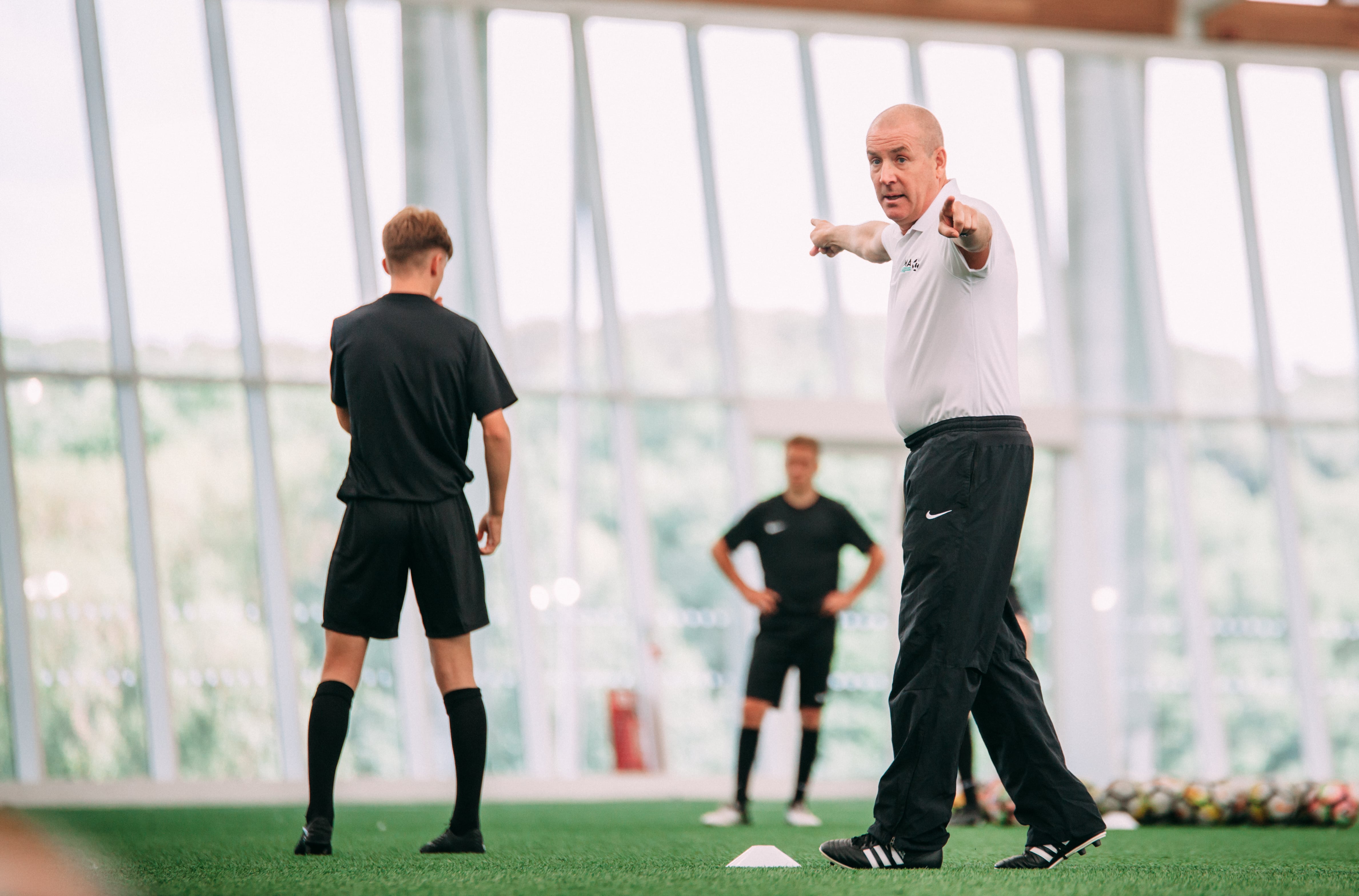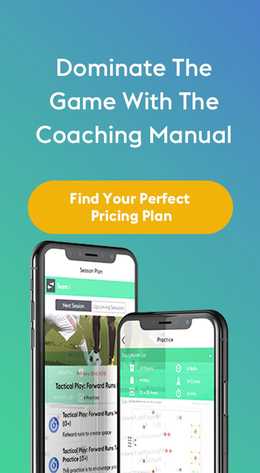Every coach should be eager to learn. If they aren’t, it doesn’t mean that they know it all – that they’ve somehow “completed” coaching. More likely, it means they’re unmotivated and unengaged.
As Director of Coaching (DOC), it falls on you to encourage and support the development of your coaching team. While your coaches need to do the learning, you’ll be giving them the tools and resources to do so.
One of the most crucial steps you can take in guiding the progression of your coaches is to create a tailored, structured development plan. Here, we’ll explain why development plans are so important, and what they should include.
Why should you create a coaching personal development plan?
Ask a handful of coaches and they’ll probably all give you a different definition of “development”. One might prefer to attend training courses, another would rather watch videos or read tutorials.
Furthermore, they’ll all have different ideas about the areas in which they need to develop. Their ideas might not align with your own needs. While you don’t want to hold them back, you certainly want to avoid investing your club’s valuable resources in helping coaches acquire irrelevant skills.
That’s where a structured personal development plan comes in. It’s your opportunity to guide the progression of your coaching team, ensuring that they’re gaining beneficial skills in an appropriate time frame.
Key points to cover in your coaching development plan
A coaching development plan should be easily accessible, but with enough detail to eradicate any potential misunderstandings. That can be a tough brief to fulfil. As a starting point, ask yourself the following questions when building your development plan:
Do your coaches have all the latest qualifications?
Let’s start with the basics. Qualifications aren’t just a piece of paper – they’re key to becoming a better soccer coach. If one of your coaches wants to work with a different age group or eventually coach at a higher level, they’ll need the relevant qualifications to prove that they’re up to the task.
As we’ve discussed before, there is a wide range of qualifications available to soccer coaches. These vary from country to country. For instance, the US Soccer Coaching Licence Pathway provides a framework for youth soccer coaching. Different licenses are required to coach different age groups.
Licensing requirements are regularly updated, so it’s important to ensure that your coaches have the latest versions.
Do they have access to key resources and a detailed curriculum?
Coaches can’t do it all on their own. If they’re going to improve, they’ll need to be able to access relevant educational resources. For instance, they might benefit from reviewing professional coaching sessions to see how elite-level coaches operate. Our library of full coaching sessions has been produced by the professional academy that nurtured players like Gareth Bale, Luke Shaw and Adam Lallana.
If you don’t already have one, you should also prioritise creating a detailed, season-long curriculum to guide coaching session planning. This will allow your coaches to better understand the areas in which they need to improve. Need some help producing your season plan? Our automated tool can produce a bespoke curriculum for you in minutes.
Are you conducting on-field and classroom-based sessions?
People learn in different ways. What’s more, different skills are better learned in different environments. Practical knowledge is often best passed on in a real-world setting, while more theoretical information might be better presented in the classroom. If you’re aiming to produce well-rounded coaches then you’ll want to incorporate a mix of on-field and classroom-based sessions to support their development.
You’ll also need to accept that external support may be required at some points. However experienced you are as a DOC, it’s unlikely that you’ll have the time or expertise to single-handedly guide and enable the development of your coaching team. Consider other options – such as offsite training courses and third-party video tutorials – to fill in any potential gaps in knowledge.
Have you implemented an action plan?
Career development is a long-term project. It’s never really “finished”. As with any long-term project, it’s far simpler to tackle when broken down into bite-size chunks.
That’s where you come in. By assessing the strengths and weaknesses of your coaches, you can create an action plan that helps them get from where they are now to where they want to be.
This plan should be based upon simple, measurable goals, enabling you and your coaches to clearly identify how they’re getting on. For instance, let’s say a coach wants to work with players at a higher age level. You could set them the following actionable goals:
- Complete the relevant coaching qualification within X months
- Shadow coaches who are currently working with that age group for X weeks
- Build a week-long training schedule appropriate to that age level
- Take the lead on each of those training sessions
- Produce a month-long training schedule relevant to that age level, etc.
Don’t forget to set deadlines for when each of these goals should be achieved by. If you don’t, it’s all too easy for coaches to view their development as something to think about “tomorrow”.
Are you holding recurring meetings to discuss issues and progress?
Having created measurable goals, it’s vital that you regularly check in with your coaches to assess their progress.
This isn’t about telling them off for missing deadlines. It’s about establishing where they’re up to and, if they’re behind schedule, finding ways to remove barriers. For instance, The Coaching Manual can streamline a range of day-to-day administrative tasks that can be a major time drain for your coaches.
Final thought
There’s one more key piece of advice to consider when working on a coaching development plan: however detailed and well-thought-through your plan is, it won’t produce results if the coach in question isn’t bought into the development process.
Any development plan should be produced in conjunction with the coach. You’re not creating a to-do list of chores; you’re building a roadmap to help your coaches progress and improve. If they don’t agree with the goals you’re setting and the actions required, chances are they’ll never look at the plan outside of scheduled review sessions.


